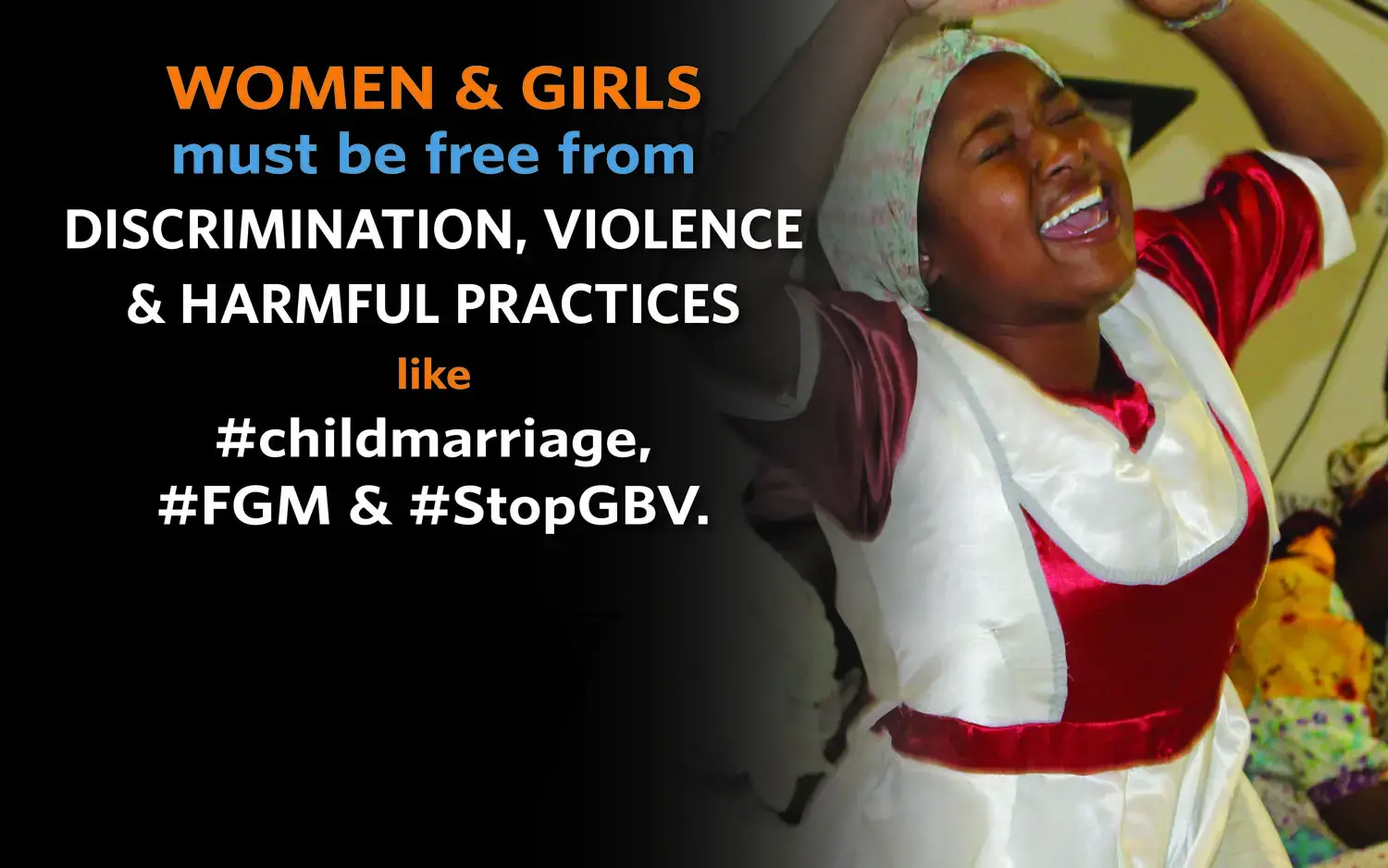In 2015, the Global Gender Gap Index ranked Namibia at the 16th place out of 145 countries globally. Namibia is the second country in Africa making progress towards closing the gender inequality gap. The highest possible rank is one, indicating equality and the lowest zero for inequality. Namibia has ratified and adopted key international and regional agreements for promoting the empowerment of women, girls and gender equality. These agreements are domesticated into exemplary legal and policy frameworks towards achieving gender equality and women’s empowerment.
Namibia has made good progress towards the achievement of the Millennium Development Goals. This is notable with more women are in decision making positions, narrowing gender parity in school enrolment. Despite progress made, real gender equality is yet to be realized.
Women and girls and in particular adolescent girls continue to experience gender based violence, teenage pregnancy, restrictive socio-cultural norms limiting full exercise of human and women’s rights. Of particular concern is the sexual and gender based violence (SGBV) especially intimate partner violence against women and girls, sexual violence by non-partners and femicide. The Namibia Demographic Health Survey (2013) indicates that 33 per cent of ever married women aged 15-49 years have experienced physical, sexual, and/ or emotional violence from their partner. Thirty two per cent (32%) of adolescent girls aged 15-19 and 35% of young girls aged 20-24 have experience physical violence from a partner. During 2012-2016, the Namibian Police identified five (5) top prevalent violence reported in the country as assault grievous bodily harm (22,174 reported cases); assault common (18,054); rape (2,839); attempted murder (1,138) and murder (734).
This is exacerbated by condoning society’s attitude towards SGBV. Twenty-eight per cent (28%) of women and 22 per cent (22%) of men aged 15-49 justified beating as an acceptable way for a husband to discipline his wife (NDHS: 2013). SGBV is deeply entrenched in the socio-cultural norms, which in turn undermine women’s decision-making power, contribute to women and girl’s poor health outcomes, such as maternal mortality and HIV infection. Six percent (6%) of women reported experiencing physical violence during pregnancy, predominantly among younger women (age 15-24).
UNFPA’s response
As part of the 5th Country Programme (2014-2018), UNFPA supports the implementation of international agreements, national and sub-sector policies and programmes, multi-sectoral response, data and research on Gender based violence including sexual violence. The support is provided through partnership with Government, Civil Society Organizations and other partners based on national development priorities. Interventions include advocacy, policy dialogue/advice, knowledge management and institutional capacity strengthening for the prevention and response of Sexual and Gender based Violence.
Investment in SGBV prevention and response is imperative for eradication of poverty in Namibia as per the Harambee Prosperity Plan and also a requirement for the realization of gender equality and women’s empowerment for the achievement of the Sustainable Development goals (SDGs).


